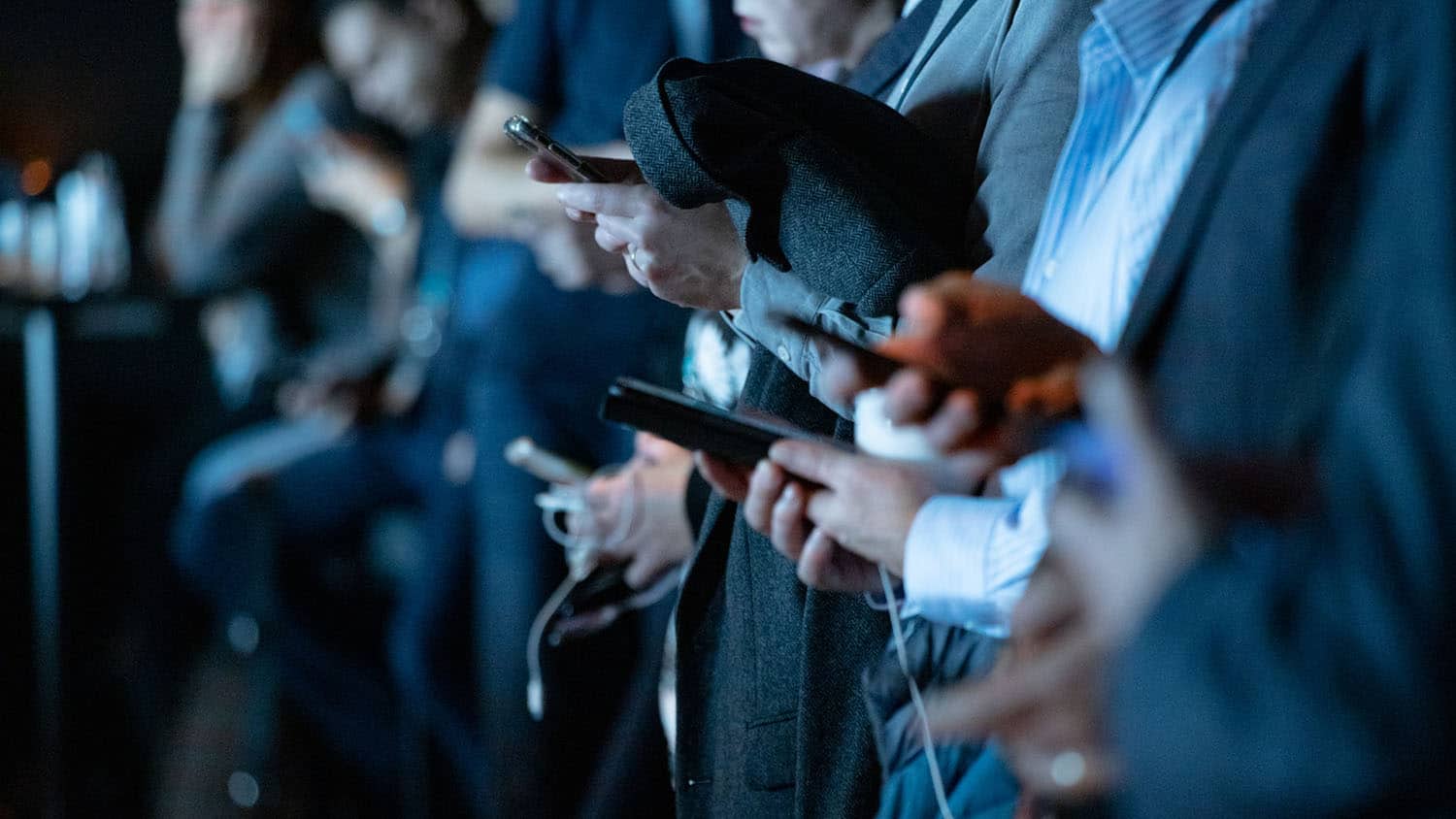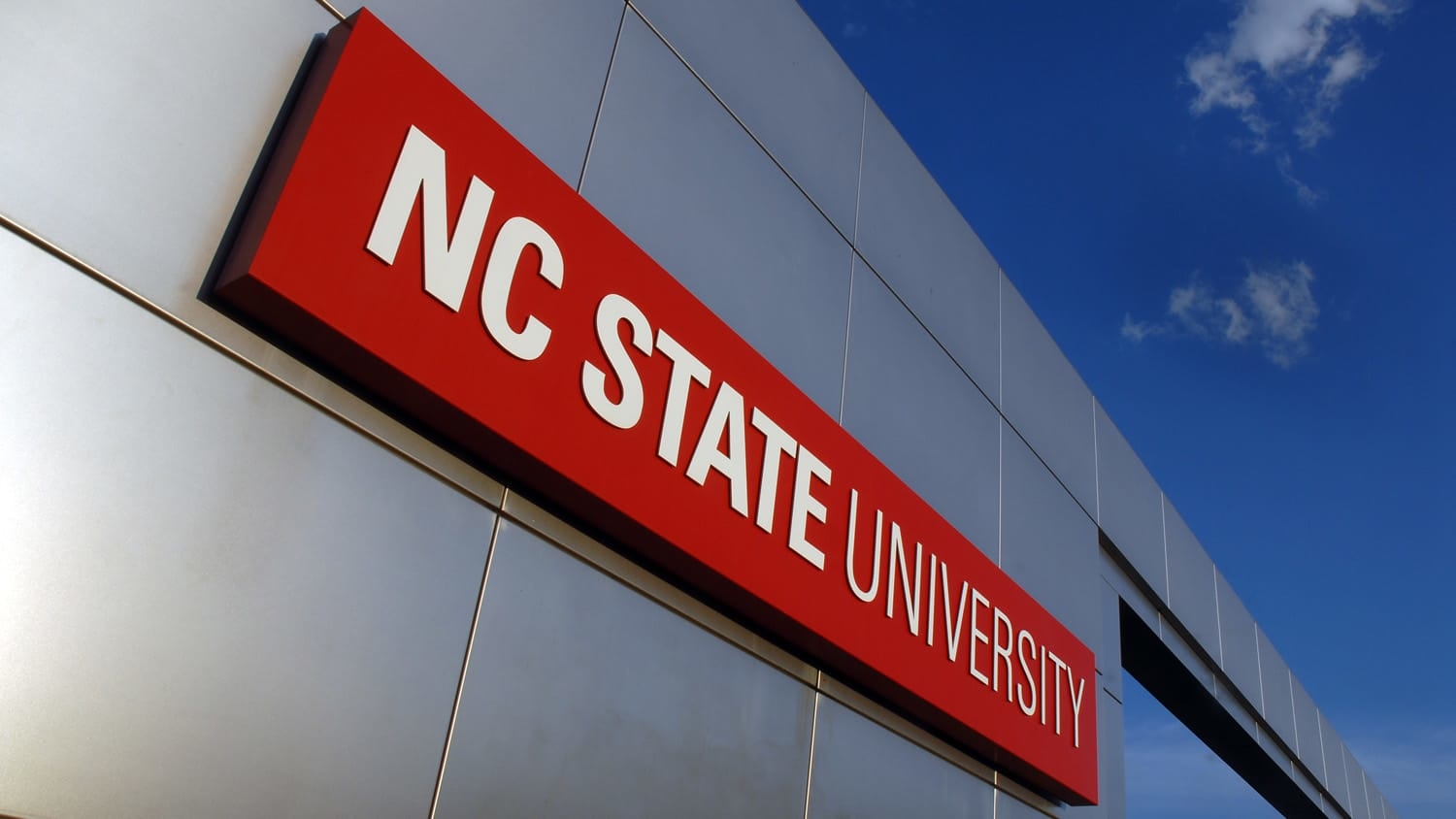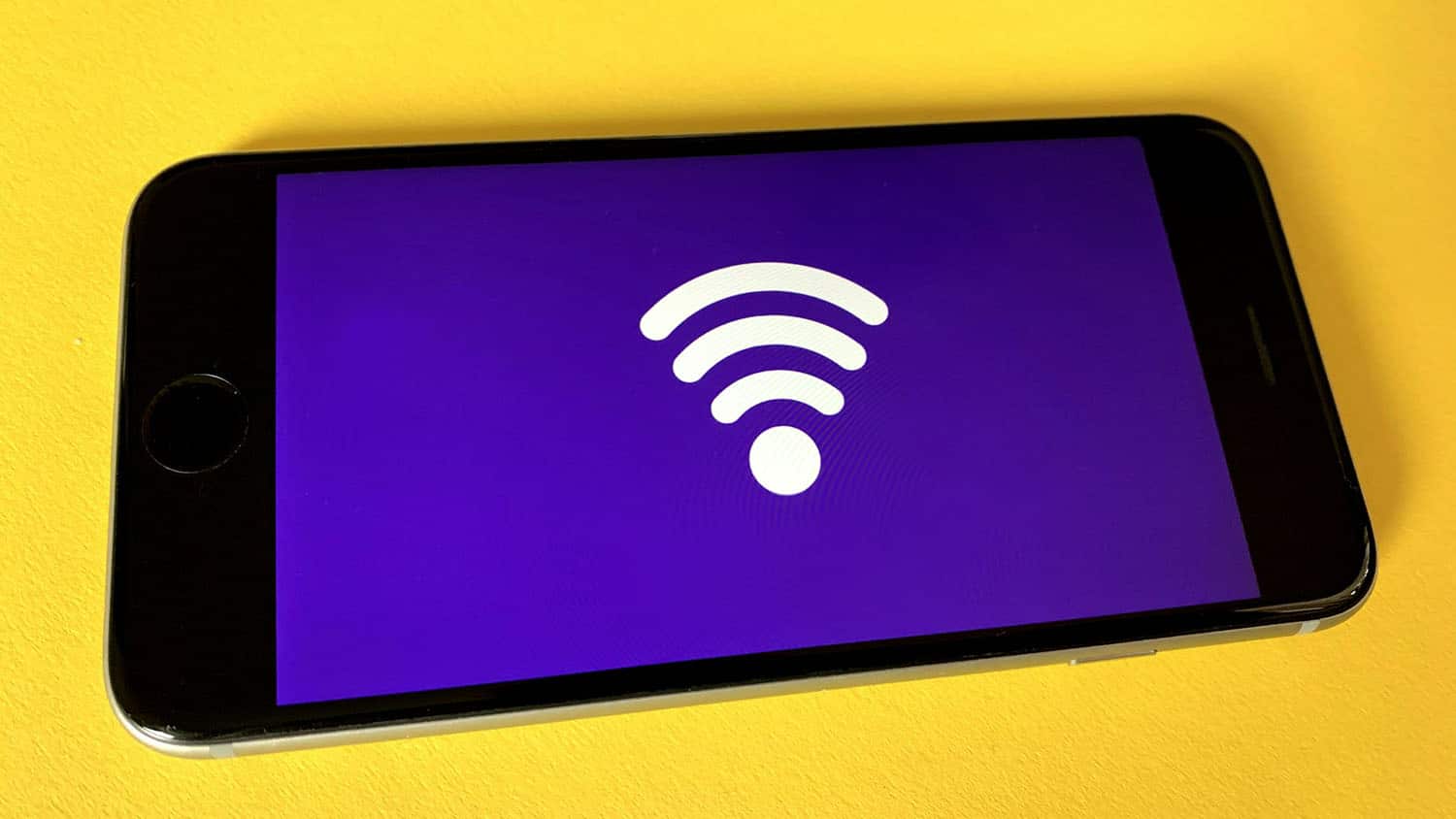You’re More Likely To Fight Misinformation if You Think Others Are Being Duped

For Immediate Release
People in both the United States and China who think others are being duped by online misinformation about COVID-19 are also more likely to support corporate and political efforts to address that misinformation, according to a new study. The study suggests negative emotions may also play a role in the U.S. – but not in China.
“A lot of misinformation has been shared online over the course of the COVID-19 pandemic, and we had a range of questions about how people are responding to this misinformation,” says Yang Cheng, co-lead author of the study and an assistant professor of communication at North Carolina State University.
“How do different emotions influence the way we feel about the impact of misinformation on other people? How does the way we perceive misinformation affecting other people influence which actions we think should be taken to address misinformation? Do emotions affect support for these actions? And do these things vary between China and the U.S.?”
To address these questions, researchers conducted two surveys: a survey of 1,793 adults in the U.S., and a survey of 504 adults in China. The surveys asked questions aimed at understanding what participants think of online misinformation concerning COVID-19; how that misinformation makes them feel; how they think misinformation affects other people; their willingness to fact-check online statements and report misinformation; and what they think social media companies and the government should do to address misinformation.
For the most part, study participants in the U.S. and China responded in similar ways. For example, study participants in both the U.S. and China who said online misinformation caused anger and/or anxiety were also more likely to think that other people are influenced by misinformation. And participants in both nations who felt others were being influenced by online misinformation were more likely to support a range of corrective and restrictive actions.
Corrective actions in this study refers to an individual’s willingness to fact-check online information, to report misinformation to social media platforms, and to file a complaint with the platform against the person who posted the misinformation. Restrictive actions refer to a range of actions that social media companies or policymakers can take. These range from deleting the accounts of social media users who share misinformation to enacting laws that bar the sharing of misinformation on social media.
The study also found that study participants in the U.S. and China who reported that misinformation makes them angry were also more likely to engage in corrective actions.
However, participants in the U.S. and China differed in terms of emotion and restrictive actions. People in the U.S. who reported that misinformation causes feelings of anxiety or anger were also more likely to support restrictive actions by lawmakers or social media companies. There was no relationship between negative emotions in Chinese study participants and support for restrictive actions.
“Overall, the findings suggest that one way to engage the public in the fight against misinformation is to highlight the ways that misinformation can harm or otherwise influence other people,” Cheng says.
The study, “The Presumed Influence of COVID-19 Misinformation on Social Media: Survey Research from Two Countries in the Global Health Crisis,” is published open access in the International Journal of Environmental Research and Public Health. Co-first author of the study is Yunjuan Luo of the South China University of Technology.
-shipman-
Note to Editors: The study abstract follows.
“The Presumed Influence of COVID-19 Misinformation on Social Media: Survey Research from Two Countries in the Global Health Crisis”
Authors: Yunjuan Luo, South China University of Technology; Yang Cheng, North Carolina State University
Published: May 21, International Journal of Environmental Research and Public Health
DOI: 10.3390/ijerph18115505
Abstract: While the coronavirus 2019 (COVID-19) pandemic is spreading all over the world, misinformation, without prudent journalistic judgments of media content online, has begun circulating rapidly and influencing public opinion on social media. This quantitative study intends to advance the previous misinformation research by proposing and examining a theoretical model following an “influence of presumed influence” perspective. Two survey studies were conducted on participants located in the United States (N = 1793) and China (N = 504), respectively, to test the applicability of the influence of presumed influence theory. Results indicated that anger and anxiety significantly predicted perceived influence of misinformation on others; presumed influence on others positively affected public support in corrective and restrictive actions in both U.S. and China. Further, anger toward misinformation led to public willingness to self-correct in the U.S. and China. In contrast, anxiety only took effects in facilitating public support for restrictive actions in the U.S. This study conducted survey research in China and the U.S. to expand the influence of presumed influence (IPI) hypothesis to digital misinformation in both Western and non-Western contexts. This research provides implications for social media companies and policy makers to combat misinformation online.


